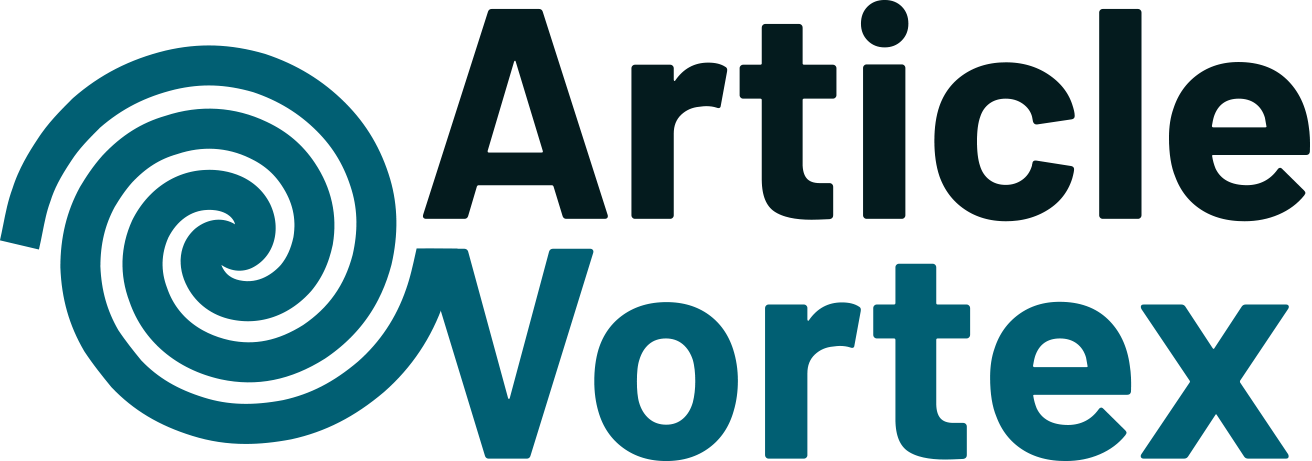Why Consider a Payment Plan for Payroll Taxes?
Businesses sometimes face cash flow issues that lead to delayed payroll tax payments. In such situations, setting up a payment plan for payroll taxes can help keep operations running while meeting tax obligations. Payroll taxes are considered trust fund taxes, meaning the employer withholds these on behalf of employees and must remit them promptly. When that doesn’t happen, the IRS may take swift action, including penalties and possible legal consequences.
Establishing a payroll tax payment plan helps companies avoid further penalties and demonstrates a commitment to resolving their tax liabilities. This is especially important for businesses looking to maintain credibility with the IRS. Options vary depending on the total amount owed and the business’s ability to pay. It’s vital to act quickly and communicate with the IRS to prevent escalating issues.
- Reduces risk of enforcement actions
- Provides a clear repayment structure
- Allows continued business operations
Business owners should consider professional assistance when navigating these options to ensure they select the most appropriate plan.
Exploring the IRS Trust Fund Installment Agreement
The IRS trust fund installment agreement is a specific arrangement for repaying unpaid trust fund taxes, which include withheld payroll taxes. These agreements are typically more stringent, as the IRS views trust fund taxes as funds that belong to employees rather than the business. Therefore, the IRS may require more detailed financial disclosures and may impose stricter terms.
To qualify, businesses must be compliant with current tax filings and not accrue new tax debt. This type of agreement may involve more rigorous review processes and often includes:
- Submission of IRS Form 433-B (Collection Information Statement for Businesses)
- Demonstration of current payroll tax compliance
- Monthly payment schedules based on financial capacity
It’s important to understand that the IRS monitors these agreements closely. If payments are missed or new liabilities are incurred, the agreement can be voided. For many businesses, this is a critical step toward regaining financial stability and avoiding asset seizures or liens.
When to Consider a Non-Streamlined Installment Agreement
For businesses that owe more than $25,000 or have complex financial situations, a non streamlined installment agreement IRS may be necessary. Unlike streamlined plans, these require full financial disclosure and negotiation with the IRS. This option is particularly relevant for those struggling to qualify for standard payment terms due to higher tax debts or irregular revenue.
An IRS non streamlined installment agreement usually involves:
- Detailed review of income, expenses, and assets
- Longer negotiation timelines
- Custom payment solutions tailored to the business’s capacity
While this option provides flexibility, it also places more responsibility on the business to remain compliant. The IRS may request periodic updates or re-evaluate the agreement if financial conditions change. Seeking professional advice can help streamline the process and improve the chances of approval.
What to Do When Your IRS Payment Plan Is Not Working
If an IRS payment plan not working has become a concern, it’s crucial to reassess the business’s financial situation and communicate with the IRS immediately. Payment plans can fail for various reasons, such as cash flow shortages, unexpected expenses, or inaccurate financial projections. Ignoring the issue can lead to default and further enforcement actions, such as levies or garnishments.
Steps to take include:
- Contacting the IRS to discuss alternative payment options
- Requesting a modification of the existing plan
- Considering an Offer in Compromise if financial hardship is severe
Transparency is key. The IRS is often willing to work with taxpayers who proactively address issues before they escalate. In some cases, temporary hardship status can also provide relief, allowing businesses time to recover before resuming payments.
Payment Plans for Sales Tax Obligations
Sales tax liabilities can also become a burden, particularly for retail and service businesses. A payment plan for sales tax can help businesses settle debts with state tax agencies in a manageable way. Like payroll taxes, state sales taxes are considered trust fund taxes, and failure to remit them can result in serious consequences.
States may offer various repayment options, which typically include:
- Short-term payment plans (usually under 12 months)
- Long-term installment agreements (subject to financial review)
- Penalty abatement requests for first-time compliance issues
It’s important to note that each state has its own procedures and eligibility requirements. Businesses should work directly with their state’s tax agency or a tax professional to determine the most suitable approach. Staying current on future sales tax filings is essential to maintaining a valid agreement and avoiding further complications.
Conclusion: Taking a Proactive Approach to Tax Debt
Whether dealing with payroll or sales tax debt, establishing a structured payment plan can be a responsible and effective path forward. From the IRS trust fund installment agreement to a payment plan for sales tax, understanding the available options is key to managing tax obligations without compromising business continuity.
Businesses should evaluate their financial standing, gather necessary documentation, and consult professionals when needed. If one option doesn’t work, such as when an IRS payment plan not working becomes an issue, there are often alternatives available. Taking early action not only helps preserve business operations but also demonstrates a commitment to resolving tax issues in good faith.












